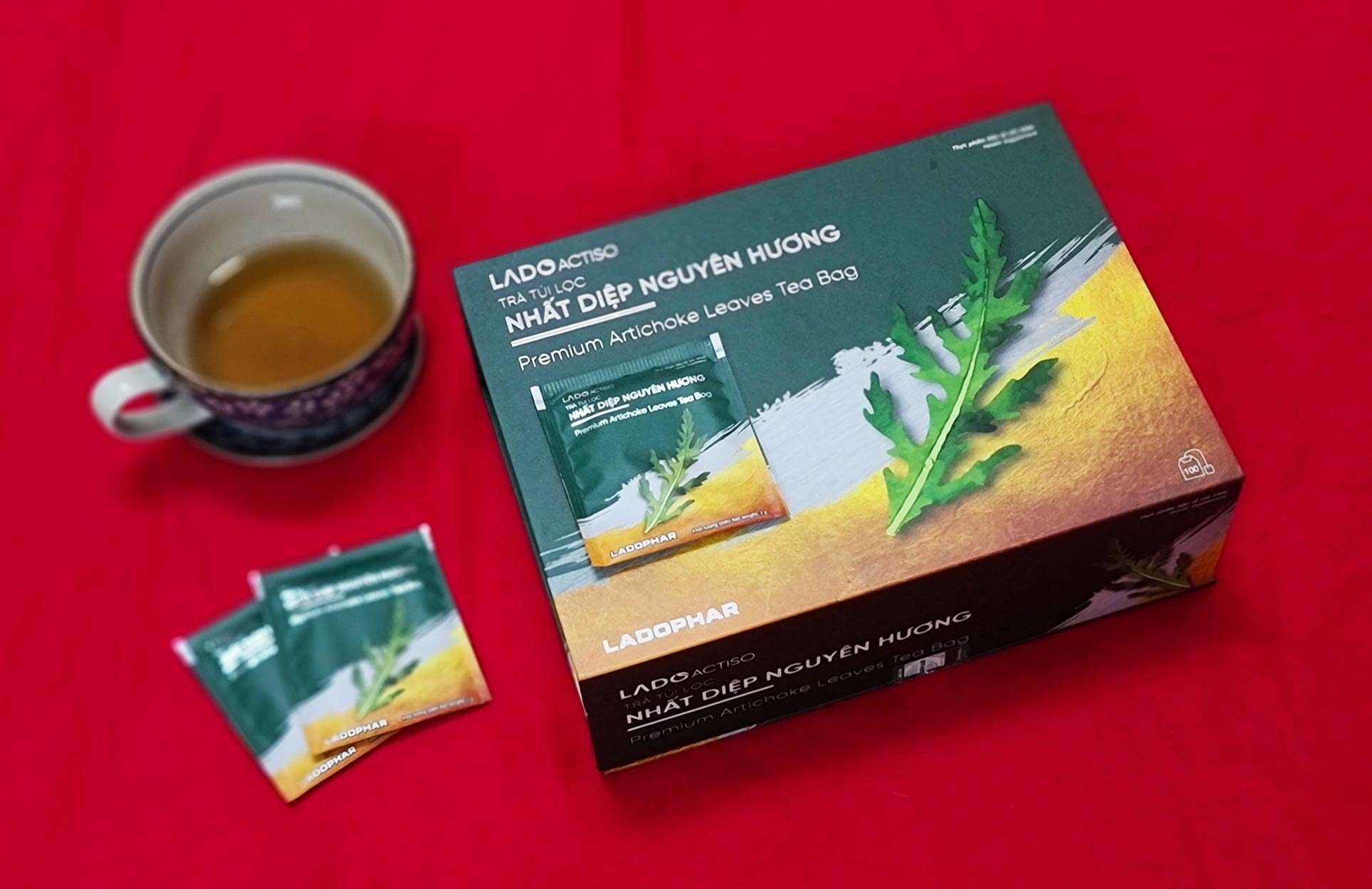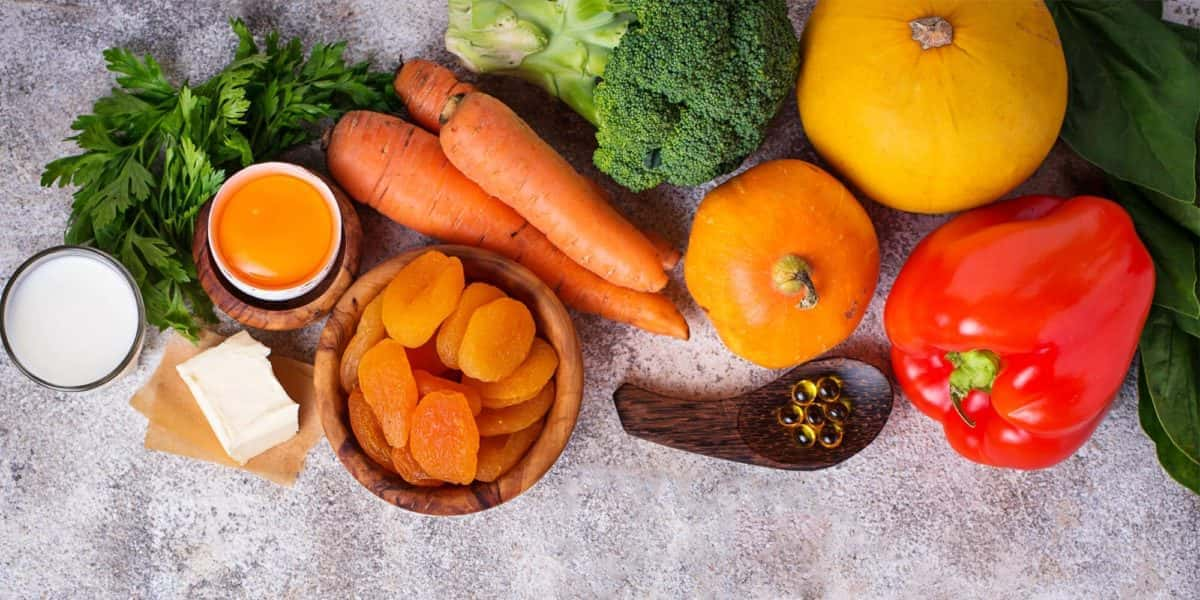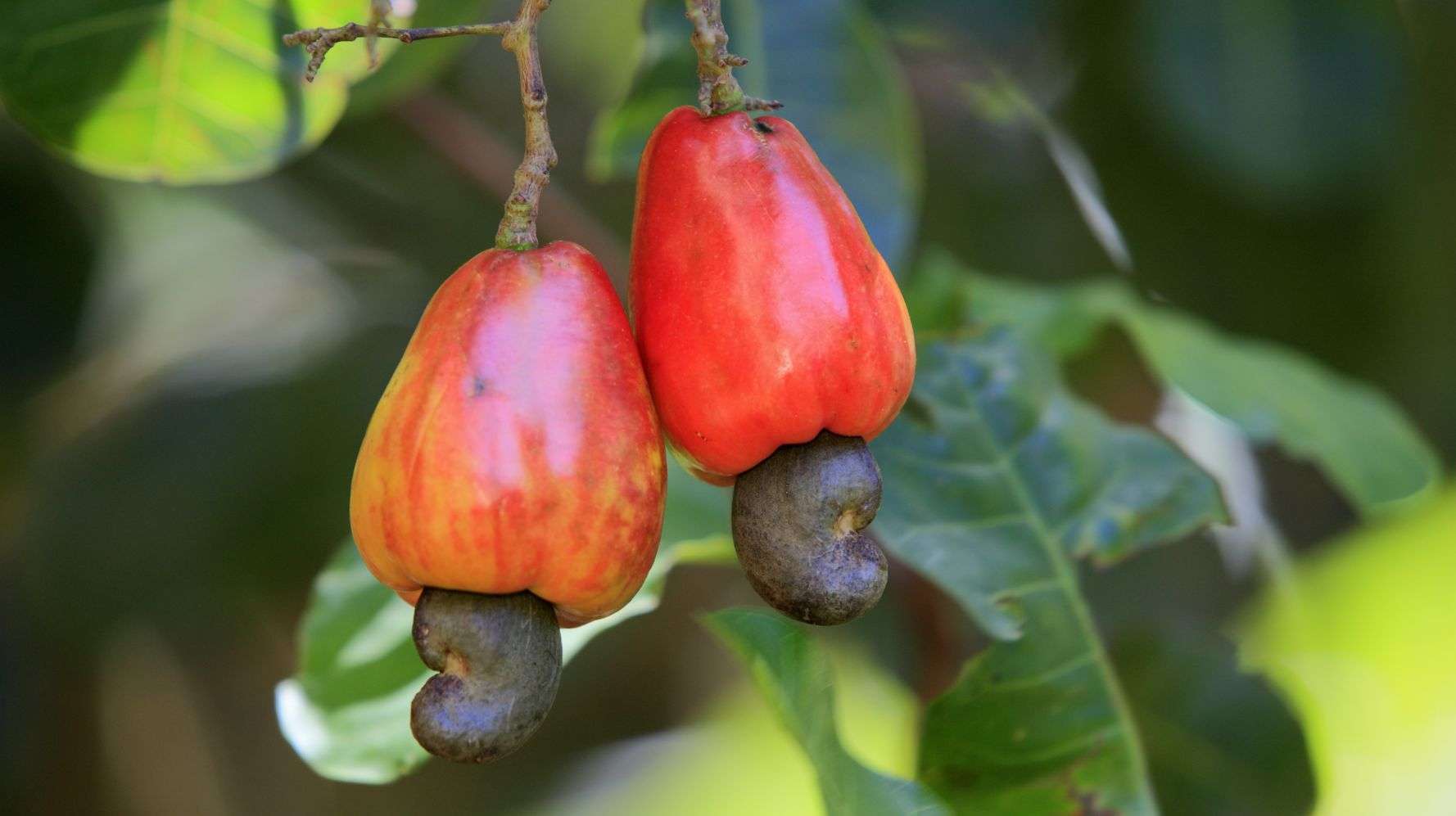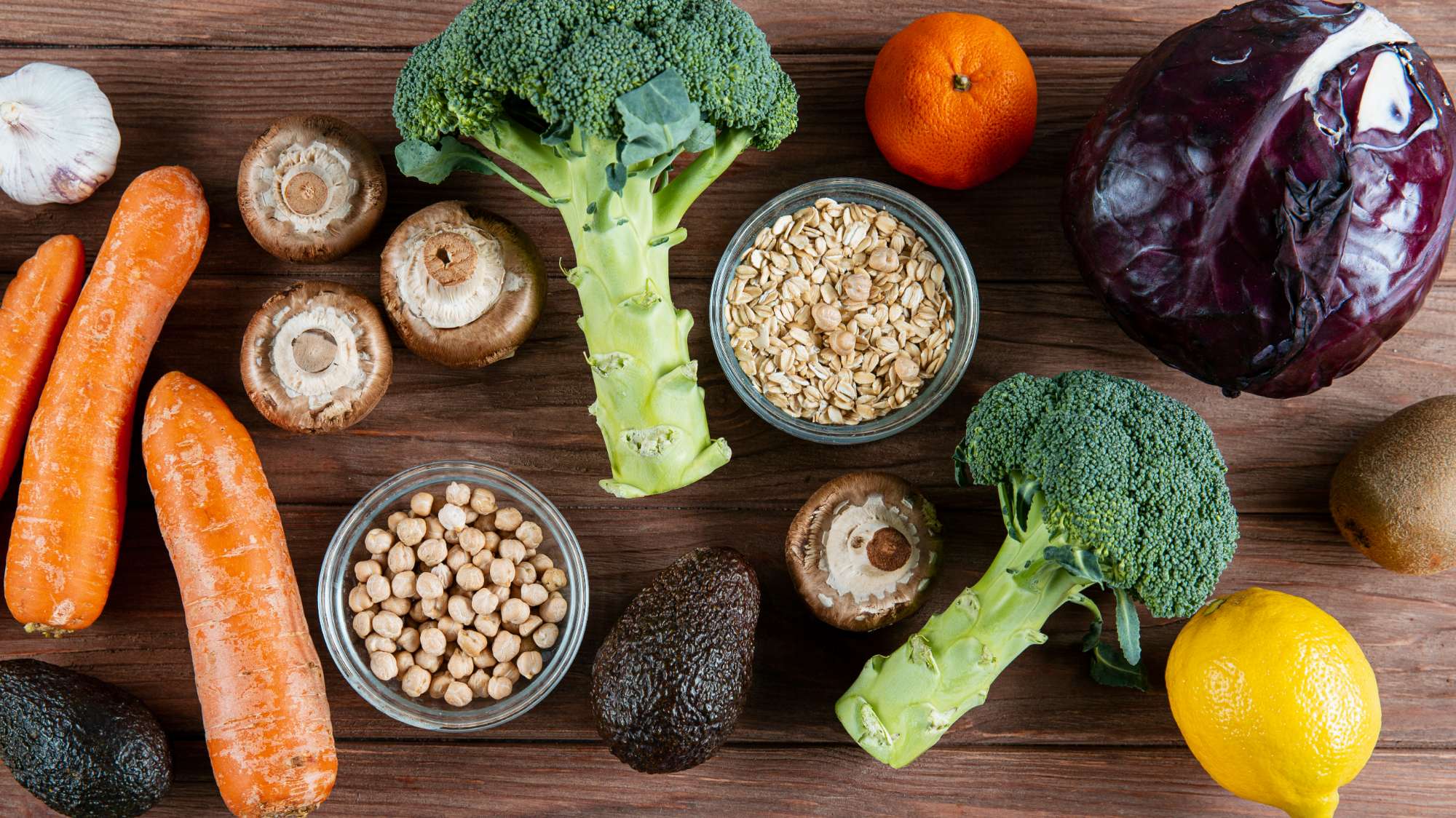Carotenoids help your body to resists oxidizing agents
Carotenoids help your body to resists oxidizing agents
Our body needs not just one or two types of antioxidants to live and grow, it needs many different types of antioxidants. In natural food sources, carotenoids are the largest group of natural antioxidants that can meet the body's needs.
Carotenoids are pigments in plants, algae, fungi, and photosynthetic bacteria. These pigments produce bright yellows, reds, and oranges in plants, vegetables, and fruits.
Carotenoids are not the name of a single substance, it is the name of a group of compounds with similar structural formulas and similar protective effects on the body.
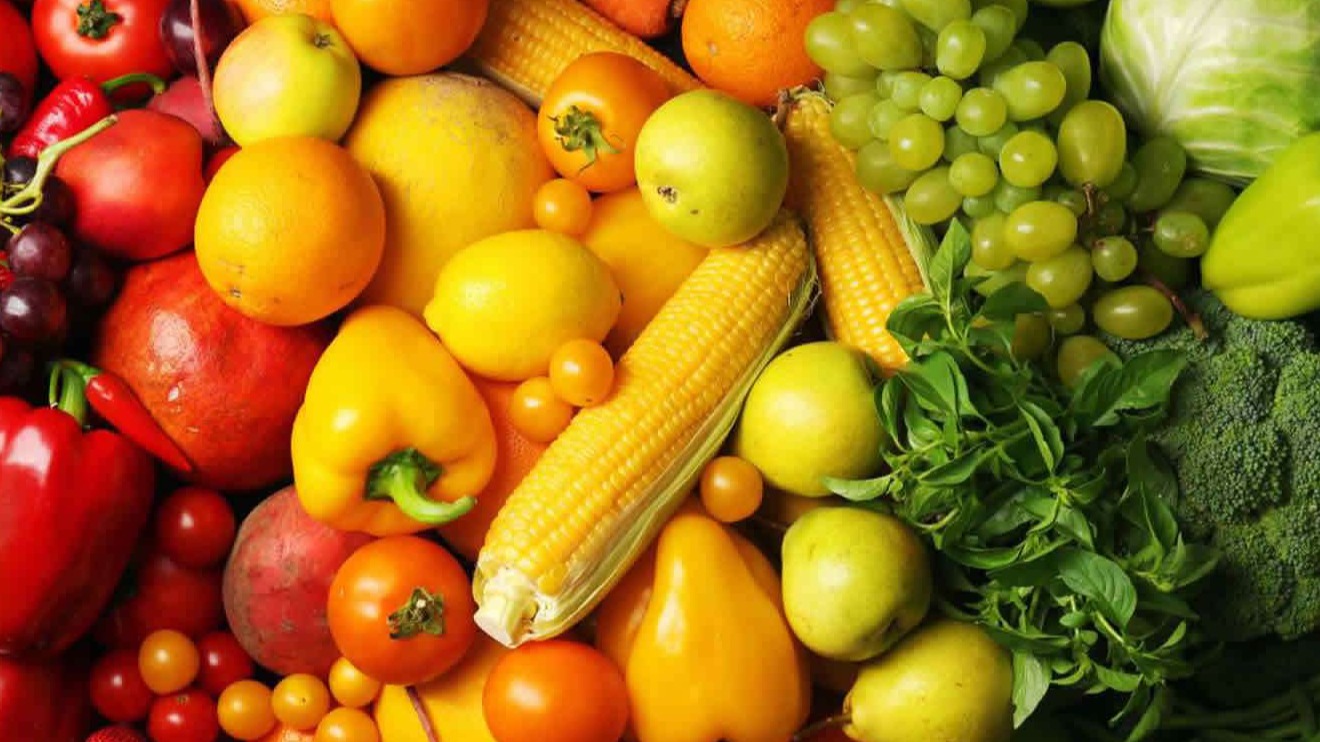
There are more than 600 different types of carotenoids, divided into two main categories: xanthophylls and carotenes. Both are antioxidants, but not all are broken down into vitamin A.
XANTHOPHYLLS
are usually yellow in color and high in oxygen. This dietary carotenoid protects your eyes from too much sunlight and promotes eye health. Lutein and zeaxanthin are both xanthophylls. Foods that contain xanthophyll carotenoids include: Avocado, Corn, Egg Yolk, Kale, Spinach, Pumpkin, Yellow leek...
CAROTENES
are usually orange in color and do not contain oxygen. Beta carotene and lycopene are both considered carotenoids and they are responsible for helping plants grow. Foods containing carotene include: Cantaloupe, Carrot, Papaya, Pumpkin, Sweet Potato, Tangerine, Tomato...
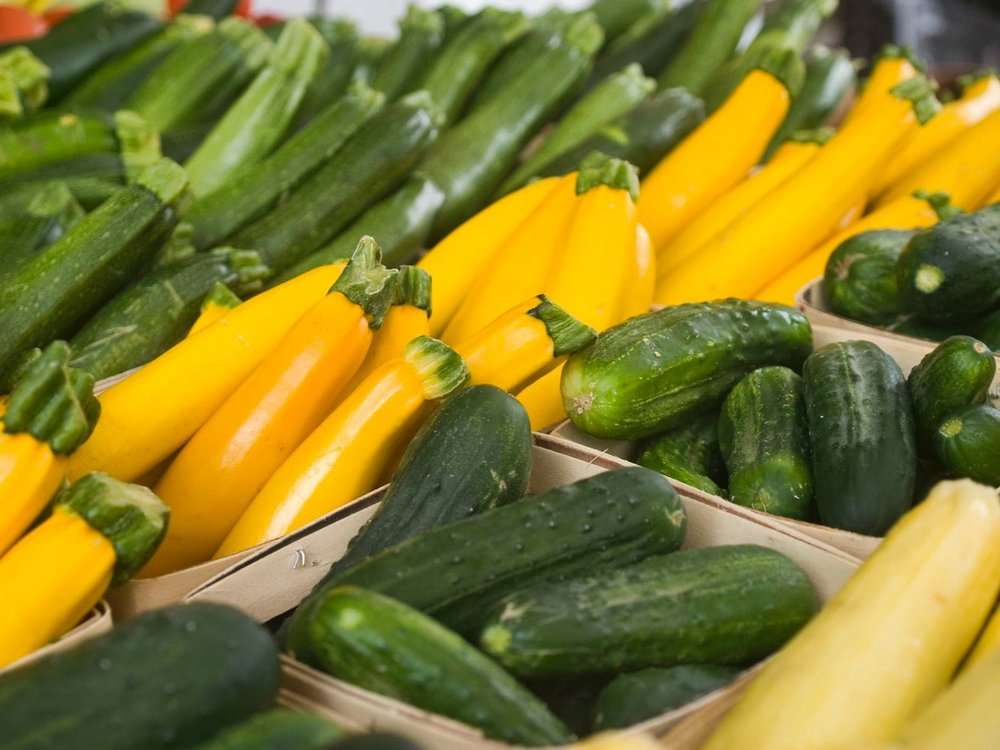
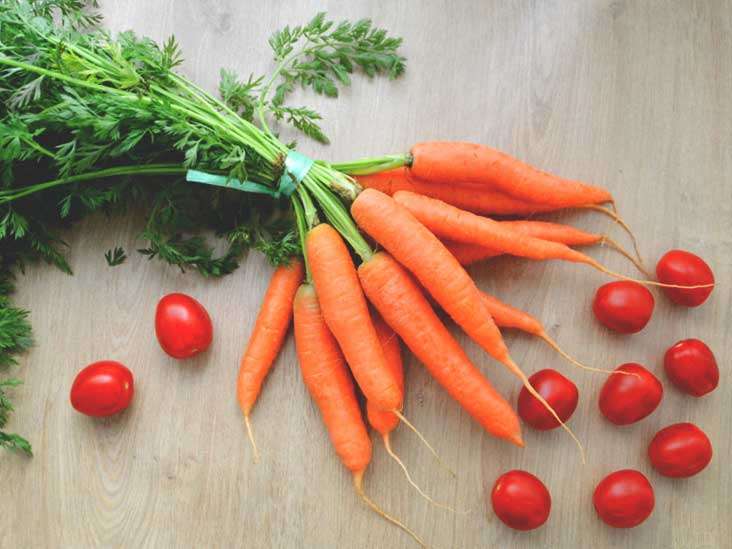
Carotenoids are fat-soluble compounds, meaning they are best absorbed with fat. Unlike some protein-rich foods and vegetables, cooking and chopping carotenoid-rich foods increase the strength of the nutrients when they enter the bloodstream.
The human body cannot synthesize carotenoids on its own, but uses carotenoids from eating plants. Carotenoids help to resist oxidizing agents from the outside. Nature has about 600 different types of carotenoids, of which 50 are present in foods. But in human blood there are about 15 types found and they are being shown to play an important role in human life.
Carotenoids are beneficial antioxidants that can protect you from disease and enhance your immune system. Provitamin A carotenoids can be converted into vitamin A, which is essential for growth, immune system function, and eye health.
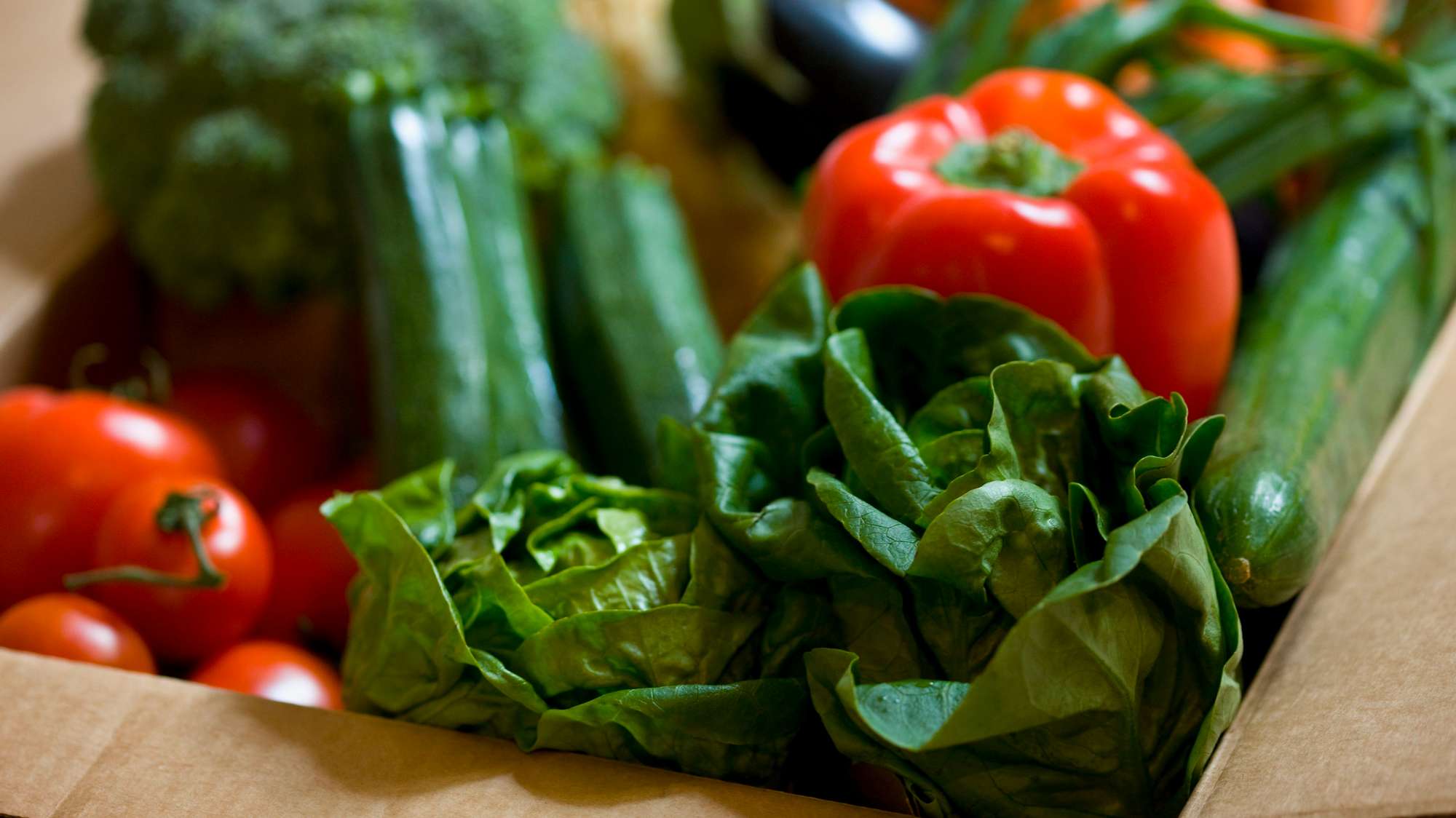
EYE HEALTH
Eating carotenoid-rich foods can protect the healthy cells in the eye and prevent the growth of cancerous cells.
One of the leading causes of blindness is macular degeneration, or the degeneration of the center of the retina. Long-term blue light exposure can cause this and negatively affect the delicate parts of the eye. However, the carotenoids lutein and zeaxanthin found in the retina can help to absorb blue light.
Studies show that incorporating at least six milligrams of lutein in your diet a day can decrease your risk of developing macular degeneration by 43 percent. Increasing the amount of lutein and zeaxanthin in your diet can also help to slow or halt current eye damage, and prevent your current condition from progressing.
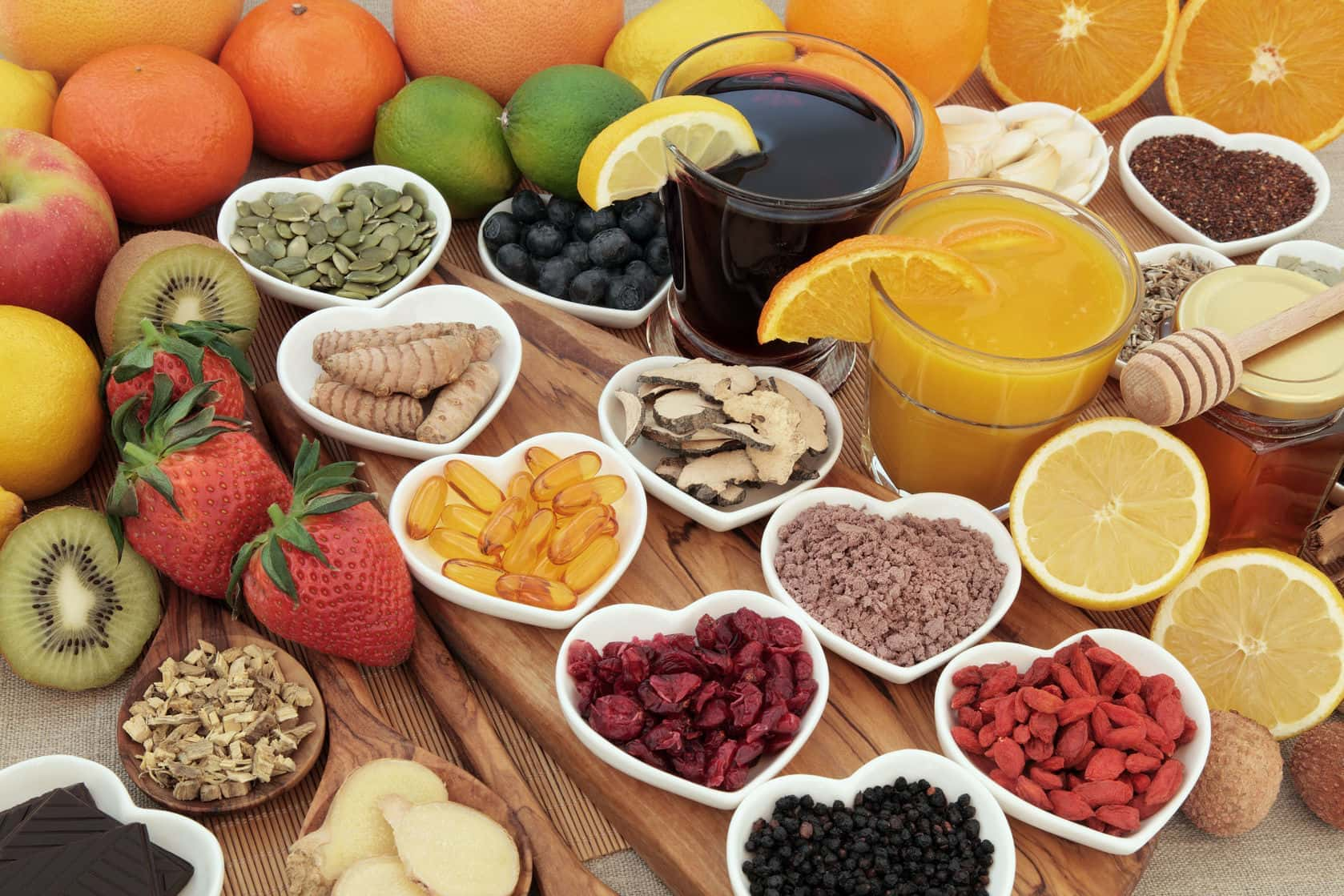
CARDIOVASCULAR HEALTH
Carotenoids are antioxidants, lowering inflammation in the body. Though it’s still being researched, carotenoid anti-inflammatory properties have been associated with improving cardiovascular health. Reducing inflammation helps to protect against heart disease and prevents arterial walls from being blocked.
CANCER
Antioxidants protect cells from free radicals, or substances that destroy or damage cell membranes. Increasing carotenoids via your diet can increase the amount of antioxidants and protective cells in your body. This is significant when battling cancer and may be able to prevent cancer growth.
Carotenoids have been associated with lowering cancer risk, specifically lung cancer. When you smoke cigarettes, you ingest harmful chemicals that destroy healthy cells. Though mixed in results, one study showed a small decrease in risk from lung cancer when incorporating carotenoids into your diet. It is even healthier to stop smoking and increase carotenoids in your diet to help your lungs heal as you move past the addiction.
Similarly, carotenoids have been associated with reducing the risk of skin cancer. Some carotenoids can break down into vitamin A, a nutrient that protects against premature skin damage from sun exposure. Both are risks for melanoma, premature wrinkles, and unhealthy skin.
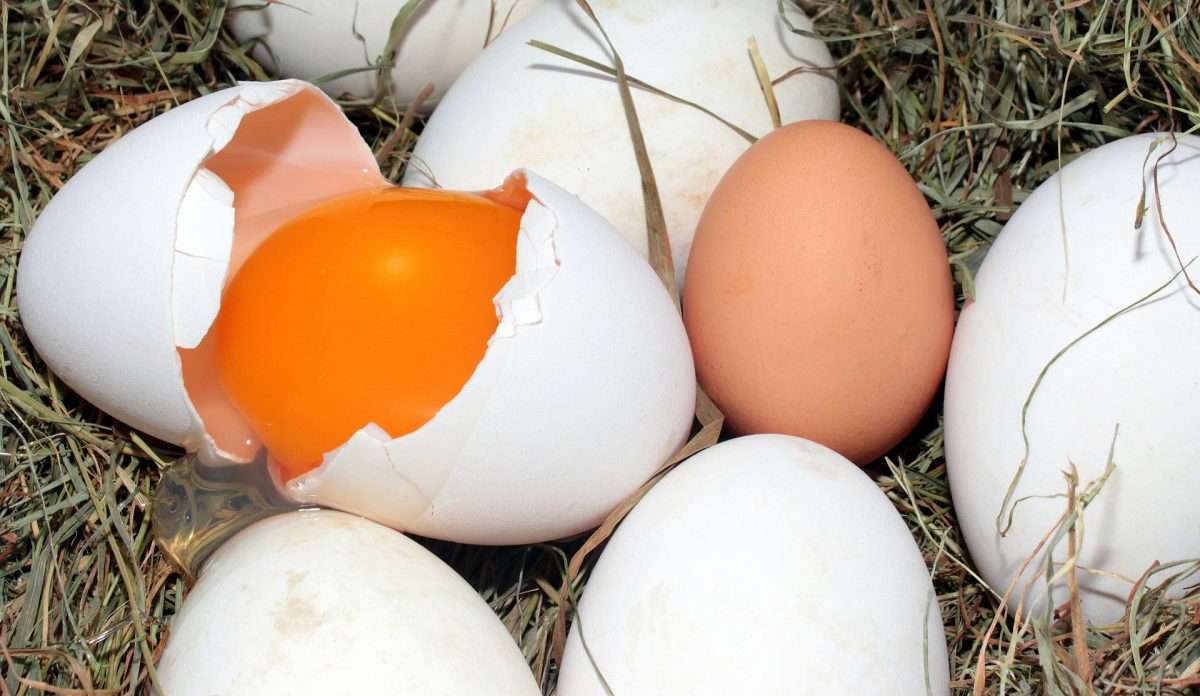
WHAT HAPPENS
IF YOU HAVE TOO MUCH CAROTENOIDS?
However, when very large amounts of carotenoids are consumed, the skin can turn a deep yellow (called carotene) color, especially on the palms of the hands and soles of the feet.
Many studies have shown that high intake of carotenoids (high-dose beta-carotene supplements) can increase the risk of cancer, but carotenoids consumed in fruits and vegetables do not appear to increase this risk.
Canthaxanthin retinopathy, this condition is characterized by yellow streaks in the eye, and sometimes field defects and problems with clarity of vision. It is caused by taking a high dose of a carotenoid called canthaxanthin. Fortunately, it's reversible, your eyes and vision should return to normal once you stop taking canthaxanthin.
Allergies, like many other substances, can have an allergic reaction to carotene supplements. You should see your doctor right away if you experience itching, swelling, and a rash that are typical signs of an allergy.
If you are currently taking any medications, it is best to consult your doctor before starting any carotene supplement. Beta-carotene supplements, in particular, can have a negative interaction with cholesterol-lowering medications.
DOSAGE
Except for the treatment of vitamin A deficiency, the Food and Nutrition Board advises against taking beta-carotene supplements. However, a safe dosage guideline that you can follow is:
- For children, 3 to 6 mg of a beta-carotene supplement per day is safe.
- For teenagers and adults, 6 to 15 mg of a beta-carotene supplement per day is safe.
Compiled and penned by Crocus Media
